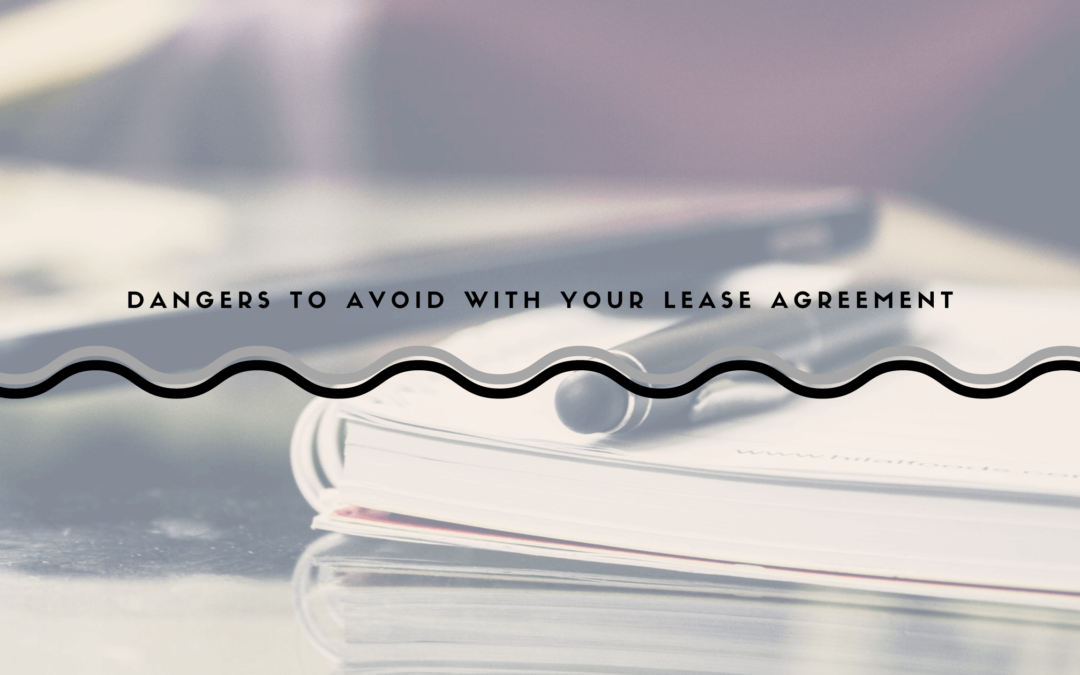A lease agreement is signed by landlords and tenants to protect each party and the rental home itself. There are many different types of leases. Some property owners are comfortable with a two-page rental agreement and others want dozens and dozens of pages with ongoing addenda and attachments.
Most lease agreements are complex and customized to your specific property and your location. Every state has its own requirements.
As professional Santa Cruz property managers, we’ve had to take on lease agreements from owners who were managing by themselves or didn’t have great lease agreements in place. These are three common mistakes that we see. These errors can be costly and difficult, and you want to avoid them if you can.
1. Using a Lease Template that Isn’t State-Specific
If you’re not sure where to get a standard lease agreement when you’re ready to rent out a home to tenants, you might quickly go online to find one. This is understandable – we can find just about anything with a Google search. However, any lease agreement for your Santa Cruz rental property has to be specific to California. Otherwise, it’s not compliant with state laws and it’s not enforceable should you need to take your tenants to court.
Don’t download any lease template you find. Don’t borrow a lease agreement from a fellow landlord in Texas. Instead, talk to a Santa Cruz property manager or a real estate attorney so you can access a lease template that actually protects you here in California.
2. Leaving the Lease Term Open
You want to be clear about the terms of the lease. Your agreement must include a start date and an end date. What many property owners neglect to do is stipulate what happens at the end of the lease. Usually, you will offer your tenants one of these options:
- Renew the lease agreement for a specific period of time and for an identified amount of rent.
- Allow tenants to go month to month for a period of time, with a higher rental amount.
- Non-renewal and tenants move on after the lease period is over.
If you don’t clearly say what happens, there will be confusion at the end of the lease. Your tenants need to know how much notice to give if they plan to vacate. They need to know what to expect in terms of when you’ll be making a renewal offer. Don’t invite chaos and uncertainty into the end of your lease term.
3. Skipping the Rent Collection Policy
Most lease agreements state how much rent the tenant is to pay the landlord. However, a good lease will go beyond that. Not only do you want to include the rental amount, you also want to outline when it’s due, whether there’s a grace period, and what the consequences are (including late fees and eviction) if rent is paid late or not at all. Make sure you state how rent should be paid.
Including the full rent collection policy in your lease agreement will eliminate any confusion and provide support to you if your tenants pay late or claim they didn’t know how they were supposed to get you the rent.
 There are other dangers that can pop up when you’re negotiating and signing the lease. If you’d like some help protecting you and your Santa Cruz investment property, please contact us at Real Estate Eight Three One.
There are other dangers that can pop up when you’re negotiating and signing the lease. If you’d like some help protecting you and your Santa Cruz investment property, please contact us at Real Estate Eight Three One.






